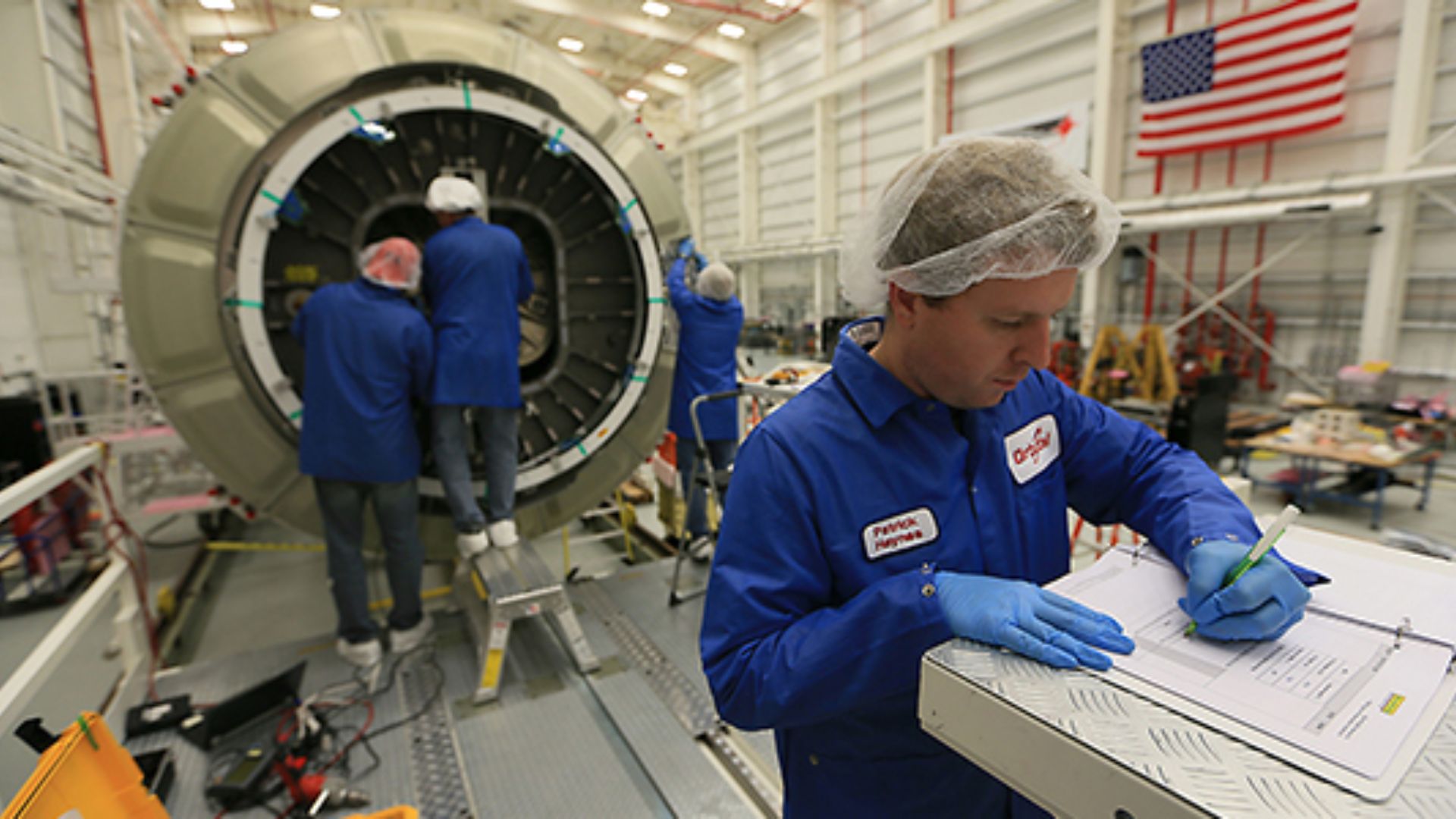
Top Skills Required for a Career in Space Technology
A profession in space technology requires proficiency in technical competencies and problems solving, and innovative skills to solve and harness space. These are completion of basic engineering courses in various sectors like aerospace, mechanical, electric or electronics engineering, good working knowledge of programming languages including Python or MATLAB used in number crunching and simulations. Satellite systems and propositions technologies, robotics, and knowledge is crucial in certain positions within the industry. Moreover, analysis skill, team work, and flexibility are indispensable elements in a field that seeks more creativity. The acquisition of these skills leads to the acquisition of exciting opportunity as the space technology industry is constantly expanding.
Getting to Know About Space Technology
Space technology involves hardware, software and systems which involves the physical constrains and man made objects involved in the space_SCAN3_ explorations including satellites and spacecraft, laser and fiber-optic based communication networks, observational equipments, and others. This field is responsible for creating advancements that affect how people communicate and the observation of climate and other celestial bodies. It should be noted, the study of space technology incorporates sciences, engineering, physics, computers, and mathematics.
Enrolling in a space science course presents a clear model that can be taken as a roadmap in obtaining information relating to this interesting field. Such courses can generate practical training sessions in form of simulating and experimenting and assignment base projects. Students study with such subject as satellite construction, space vehicle engine, interplanetary space flight planning, and many others working with cutting-edge tools and applications.
Thus, underlining the theoretical training received by a space science course and the practical exposure to the subject, prepares the individuals necessary for the space industry. It narrows the gap between theory and practice and prepares the students for innovative and various positions in this emerging profession.
Who is a Space Scientist?
A space scientist is a professional who studies celestial phenomena, space environments, and the technologies required for space exploration. Their work contributes significantly to advancing humanity’s understanding of the universe and solving global challenges.
Role of a Space Scientist
- Research and Development
- Conduct studies on celestial bodies, stars, and galaxies to explore the universe.
- Develop technologies like satellites and spacecraft for space exploration.
- Data Analysis
- Analyze data collected by telescopes and satellites to study space phenomena.
- Space Mission Planning
- Collaborate with engineers and scientists to design and execute space missions.
Importance of a Space Scientist
- Advancing Scientific Knowledge
- Expands understanding of the universe, including black holes, planets, and cosmic events.
- Solving Earthly Problems
- Develops technologies for weather prediction, communication, and disaster management.
- Inspiring Innovation
- Drives progress in fields like robotics, AI, and material science.
Space scientists play a pivotal role in shaping the future of space exploration and addressing global challenges.
8 Top Professional Skills to Develop in Space Technology
- Aerospace Engineering Expertise
- Designing and analyzing spacecraft, satellites, and propulsion systems is fundamental.
- For example, engineers at NASA develop reusable rocket technologies like SpaceX’s Falcon 9.
- Programming and Software Development
- Knowledge of languages like Python, MATLAB, and C++ is essential for simulations and data processing.
- Example: Programming is used in satellite navigation systems and AI-driven space robotics.
- Systems Engineering
- Understanding how to integrate and manage complex systems is crucial for mission success.
- Example: Systems engineers ensure spacecraft subsystems like communication and power function cohesively.
- Data Analysis Skills
- The ability to interpret vast datasets from telescopes and satellites is vital.
- Example: Space scientists analyze Hubble Telescope data to uncover cosmic secrets.
- Robotics and Automation
- Proficiency in robotics helps design rovers and automated systems for planetary exploration.
- Example: Engineers developed the Perseverance rover for Mars exploration.
- Knowledge of Satellite Technology
- Expertise in satellite design and operation supports communication, weather monitoring, and Earth observation.
- Example: Engineers work on CubeSats for affordable space missions.
- Problem-solving and Critical Thinking
- Addressing unique challenges like microgravity or extreme temperatures is essential.
- Collaboration and Communication Skills
- Working in multidisciplinary teams ensures mission objectives are met efficiently.
- Example: Teams of scientists and engineers collaborate on international space missions like the ISS.
These skills empower professionals to innovate and succeed in the dynamic field of space technology.
Pathway to a Career in Space Technology
For this career a strong background in science, technology, engineering and mathematics (STEM) is desirable. The path leading to the job chase usually emerges from academic courses in Aerospace engineering, physics or computer science. Entering internships, or participating in research projects is essential to comprehend the working principles of satellites, spacecraft and technical programs of propulsion. It also increases the employability of individuals through skills in programming, data analysis, and robotics.
A space technology course gives the learner a clear roadmap as to how they may get into this fruitful and interesting field. These courses provide an opportunity to gain detailed information about the satellite systems, missions and state-of-art technologies. First, hand-on approach, access to projects and most importantly interaction with professionals can enable learners to acquire the necessary technical skills.
By completing a space technology course, professionals are better equipped to explore diverse opportunities in satellite technology, space research, and exploration. It opens doors to a thriving career in a field that combines innovation, curiosity, and impact.
Conclusion
Understanding of the top competencies needed in space technology is a critical element for success in the fast-growing and highly-competitive industry. It is amazing how these skills range from the aerospace engineering and programming to the robotics and data analysis are fundamental building blocks of innovation and even problem solving in space. This way, programmes are run smoothly and the person in charge amasses sound systems engineering and collaboration skills. There is always a further learning that enhances all these skills for other great opportunities especially in developing satellites, planning for the mission among others. Space employment is not only a job or a career but the ability to create the future for humanity.



